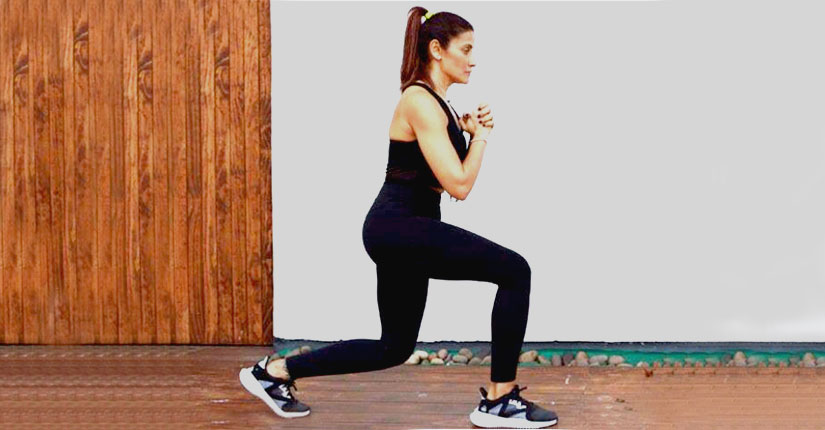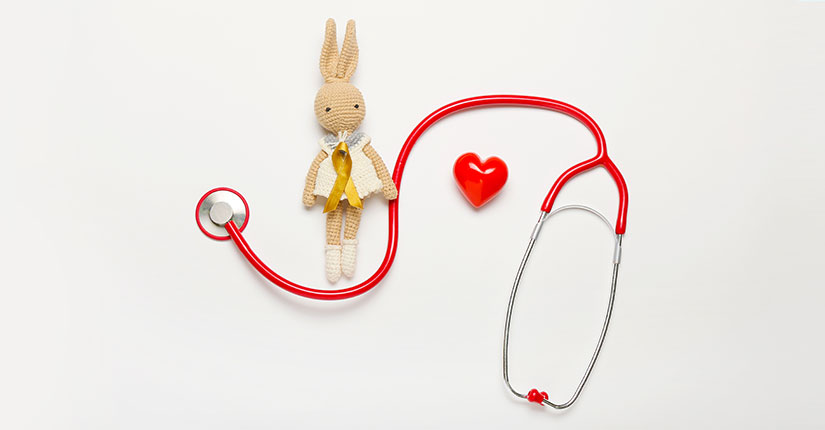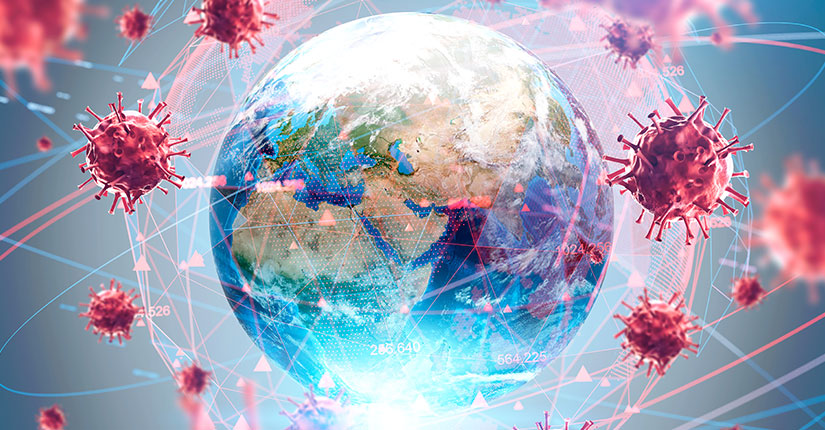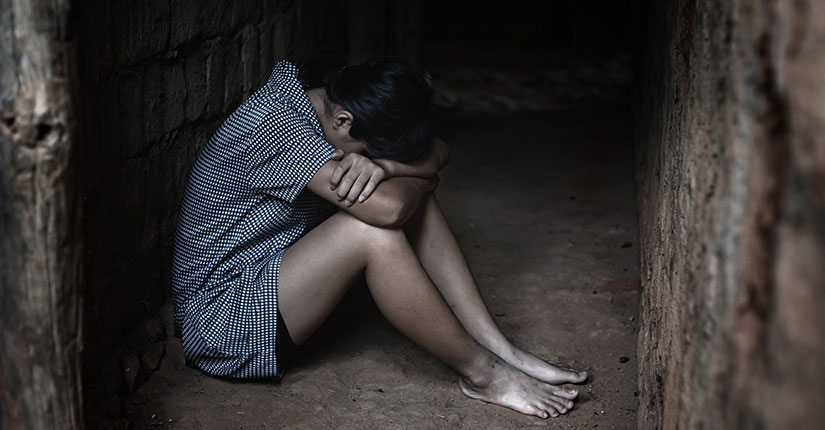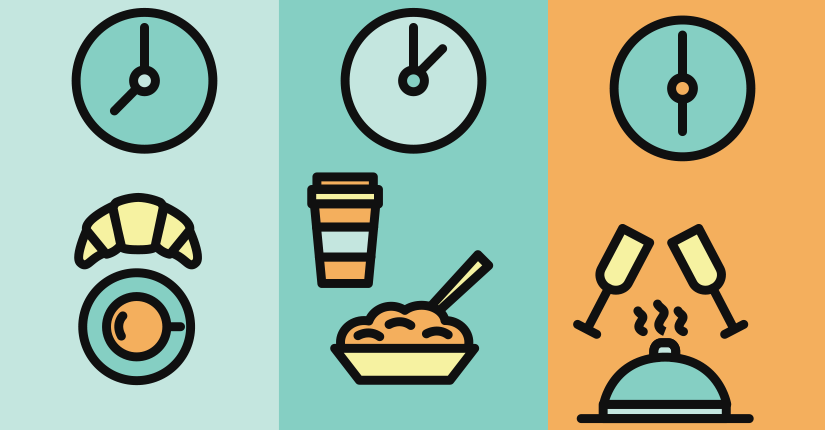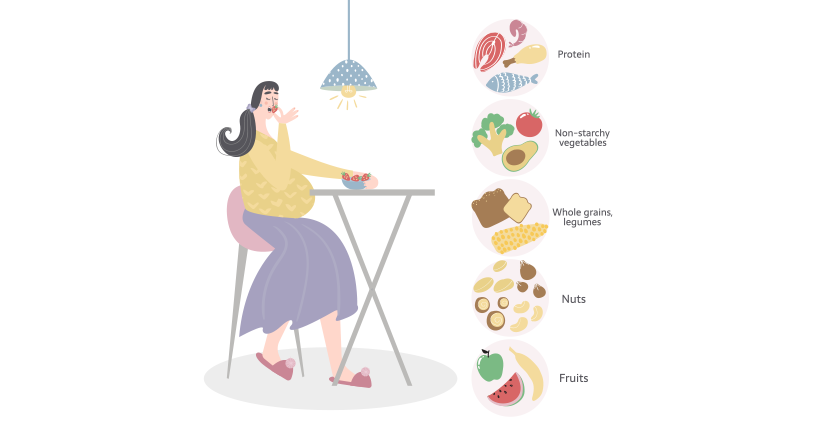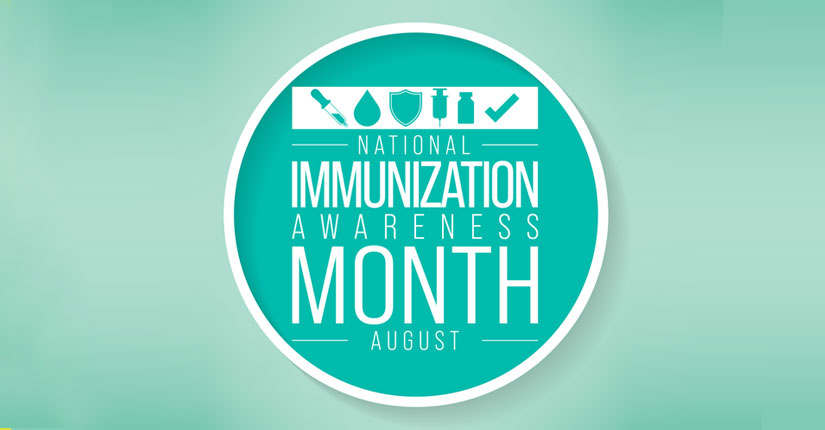United Nations Tweeted That 1 Every 10 Women Globally Are Living In Extreme Poverty
By Nmami Agarwal 03-Jun 2022 Reading Time: 3 Mins
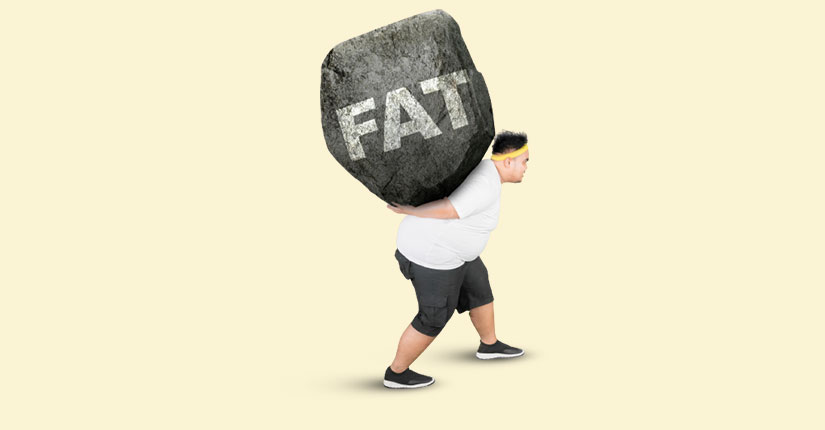
Globally, the number of people living in extreme poverty declined from 36 percent in 1990 to 10 percent in 2015. But the pace of change is decelerating and the COVID-19 crisis risks reversing decades of progress in the fight against poverty. New research published by the UNU World Institute for Development Economics Research warns that the economic fallout from the global pandemic could increase global poverty by as much as half a billion people, or 8% of the total human population. This would be the first time that poverty has increased globally in thirty years, since 1990.
Poverty entails more than the lack of income and productive resources to ensure sustainable livelihoods. Its manifestations include hunger and malnutrition, limited access to education and other basic services, social discrimination and exclusion, as well as the lack of participation in decision-making. In 2015, more than 736 million people lived below the international poverty line. Around 10 percent of the world population (pre-pandemic) was living in extreme poverty and struggling to fulfill the most basic needs like health, education, and access to water and sanitation, to name a few. There were 122 women aged 25 to 34 living in poverty for every 100 men of the same age group, and more than 160 million children were at risk of continuing to live in extreme poverty by 2030.
More than 700 million people, or 10 percent of the world population, still live in extreme poverty today, struggling to fulfill the most basic needs like health, education, and access to water and sanitation, to name a few. The majority of people living on less than $1.90 a day live in sub-Saharan Africa. Worldwide, the poverty rate in rural areas is 17.2 percent—more than three times higher than in urban areas.
For those who work, having a job does not guarantee a decent living. In fact, 8 percent of employed workers and their families worldwide lived in extreme poverty in 2018. One out of five children lives in extreme poverty. Ensuring social protection for all children and other vulnerable groups is critical to reducing poverty.
Over To You:
To support the poorest and most vulnerable, the UN has issued a Framework for the immediate socio-economic response to COVID-19, calling for an extraordinary scale-up of international support and political commitment to ensure that people everywhere have access to essential services and social protection.

